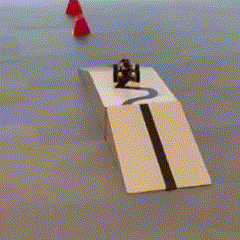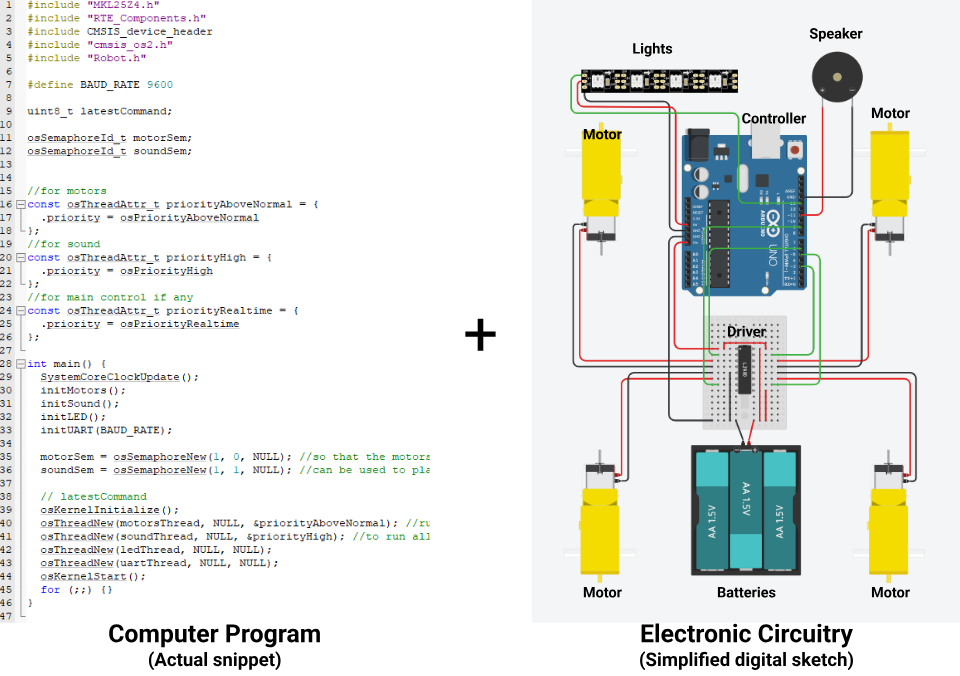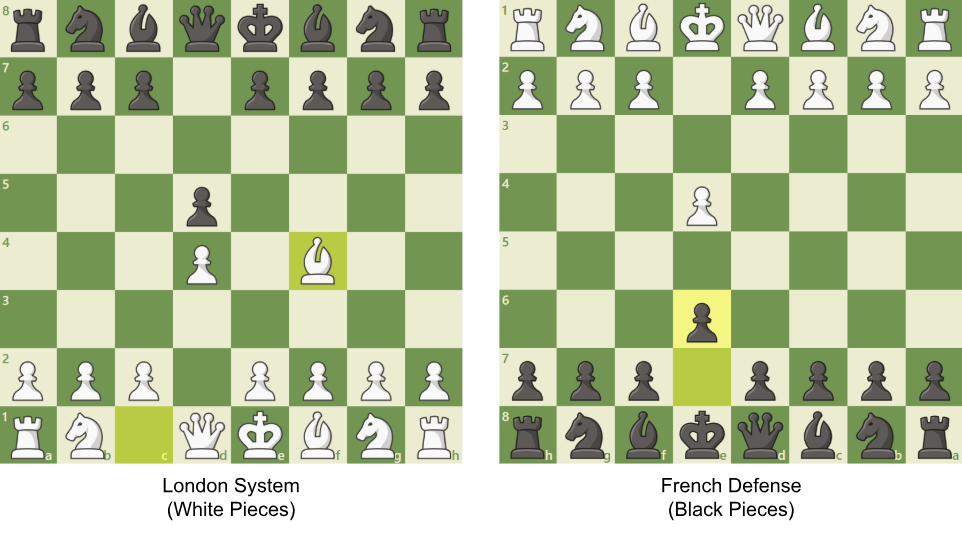Some of the greatest breakthroughs happen when different perspectives come together. Steve Jobs combined calligraphy with computing. Elon Musk blends engineering with business. The most innovative thinkers don’t just master one skill — they connect different ones, forming bridges between disciplines, industries, and even people.
Reflecting on my university experiences inside and outside the classroom, I’ve come to appreciate the value of expanding one’s perspectives. Expanding our perspectives, by diversifying knowledge and trying new experiences, can go a long way in uplifting both our professional careers and social connections.
Seeing things from different perspectives has become second nature to how I approach problems at work and in life. This realisation has reshaped how I interpret my experiences, and it continues to guide me as I prepare for an uncertain future. In a world where change is the only constant, broadening our perspectives may be exactly what we need to adapt and thrive. I hope this post inspires you to do so!
Robot Magic
If you had to choose between strength and passion, which would you pick? Four years ago when choosing my undergraduate program, that’s the exact dilemma I faced: should I draw on my strengths in mathematics with Computer Science, or pursue my passion for building things in an engineering program? Fortunately, I found Computer Engineering, a program that promised the best of both worlds.
For those unfamiliar, Computer Engineering fuses the coding of Computer Science with the electronics of Electrical Engineering. It’s where software meets hardware, and the result is a field that thrives on integration. To see this integration in practice, here’s a short clip of Robot XM, a robot I built in one of my courses (CG2271 Real-Time Operating Systems), as we drove it around an obstacle course.

Robotics quickly became my favourite part of Computer Engineering. To this day, I’m fascinated by what robots can do, technically and conceptually. Robotics is Computer Engineering’s embodiment of multidisciplinarity, the result of merging two distinct yet complementary perspectives: programming and electronics.

This is what Robot XM looks like from each of the two perspectives, though that view hardly does it justice. Each component on its own is limited in function; only when the electronics are designed with the program in mind, and the software programmed to interact with the hardware, do they combine into something greater—a remote-controlled car that plays music and flashes lights.
Such a creation involves more than a simple pairing of programming and engineering — it demands seamless coordination between the two, achievable only through proficiency with both. Programming and electronics each present unique challenges and require different modes of thinking. Built from the ground up using knowledge from two distinct disciplines, robotics perfectly exemplifies the saying: The whole is greater than the sum of its parts.
Computer engineering gave me my first taste of multidisciplinarity, of putting different perspectives together. As a student in the Innovation & Design Program, I’ve often heard the phrase, ‘think outside the box’. I’ve come to realize that this starts with seeing beyond the box. Truly original ideas, those no one else even considered, often come from minds whose boxes contain something others’ do not. What seems creative or groundbreaking to others is, for them, the natural result of connecting perspectives within their box. To grow that box is to expand our perspectives, by acquiring new knowledge from different fields.
Do Something New Today
Just as learning from different fields improved my creativity, trying new experiences has enriched my social connections and broadened my perspective of the world.
During my time on the NOC program in Toronto, NOC launched its new tagline — Do Something New Today. This phrase perfectly captured my journey. For me, the value of NOC lies in the unfamiliar: industry, culture, recreation, food, climate. Living in a drastically different environment on the other side of the world, I made it a point to immerse myself in new experiences.
On a road trip out of Toronto, I experienced a classic Canadian tradition unlike anything else: maple taffy on snow.

The ice cream stick used to serve the taffy was the only familiar thing in this experience. Growing up in tropical Singapore, I could count on one hand the number of times I had seen snow — let alone eat it. The closest I’d come to maple was the sugar syrup on McDonald’s pancakes, and let me tell you: pure maple syrup tastes nothing like it. The farm was nestled on the outskirts of Montreal, where French is the official language — another first for me.
At the time, I saw this purely as a fun, once-in-a-lifetime experience. It wasn’t until I returned to Singapore and NUS that I began to appreciate its broader value. I could now relate to exchange students from China and South Korea who spoke about abnormally cold winters back home. I could chat with my suitemate from France about his favourite dishes. I even shared the maple syrup I brought back, from the very same farm, during gatherings when pancakes were served. That simple act of eating maple taffy on snow opened the door to all these connections.
I used to think that trying new things was mainly for personal growth, to better understand the world around us. While I still believe that, I now see an added dimension: new experiences help us relate to others with empathy. They open doors to conversations that might never have happened. These conversations are valuable in themselves — for they offer us new perspectives too.
Growing The Box
We gain new perspectives by learning and experiencing — two closely linked and complementary processes. Broadening our expertise in different fields often leads us into new situations and challenges. In turn, diverse life experiences sharpen our creativity and help us draw connections across our knowledge.
The rewards are immense. Professionally, new perspectives spark innovative ideas that solve complex problems. Socially, they open the door to deeper connections with others, exposing us to even more ways of seeing the world.
Curious whether others shared this appreciation for perspectives, I looked into it — and found that research supports it. People who possess multiple and complementary skills, especially those related to fast-growing fields like Artificial Intelligence, tend to earn higher wages and show greater resilience to industry changes. Diversity of life experiences is also linked to reduced social prejudices, and increased civic engagement.
Some of the most important lessons about perspective come from people. Interacting with those who see the world differently reminds us that our own view is limited, and that there is always more to learn. Recognising this is essential for growth — an idea I will explain in detail in the third post, humility.
Expanding our perspectives is not complicated, but it takes honesty and courage. It begins with admitting that our current box of knowledge and experience is limited — and believing that what lies outside is valuable. Hopefully, by this point, your needle has moved a little in that direction.
Then comes the hard part: venturing beyond that box. It’s uncomfortable at times — you might not enjoy every new experience, or succeed right away in learning a new skill. That’s okay, because no one is perfect, after all. Growth comes from embracing the unfamiliar, not avoiding it. In the next post, I share my discovery of how I stay grounded and navigate setbacks in such a pursuit.
I wholeheartedly encourage everyone, not just ‘techies’ like myself, to keep expanding our perspectives by learning and trying new things. It’s how we invent the future, and how we better understand one another. In a world that’s constantly changing, perspective isn’t just an advantage, it’s a necessity. So go ahead, step outside your box. Learn something new, try something different. You never know what you might find!
